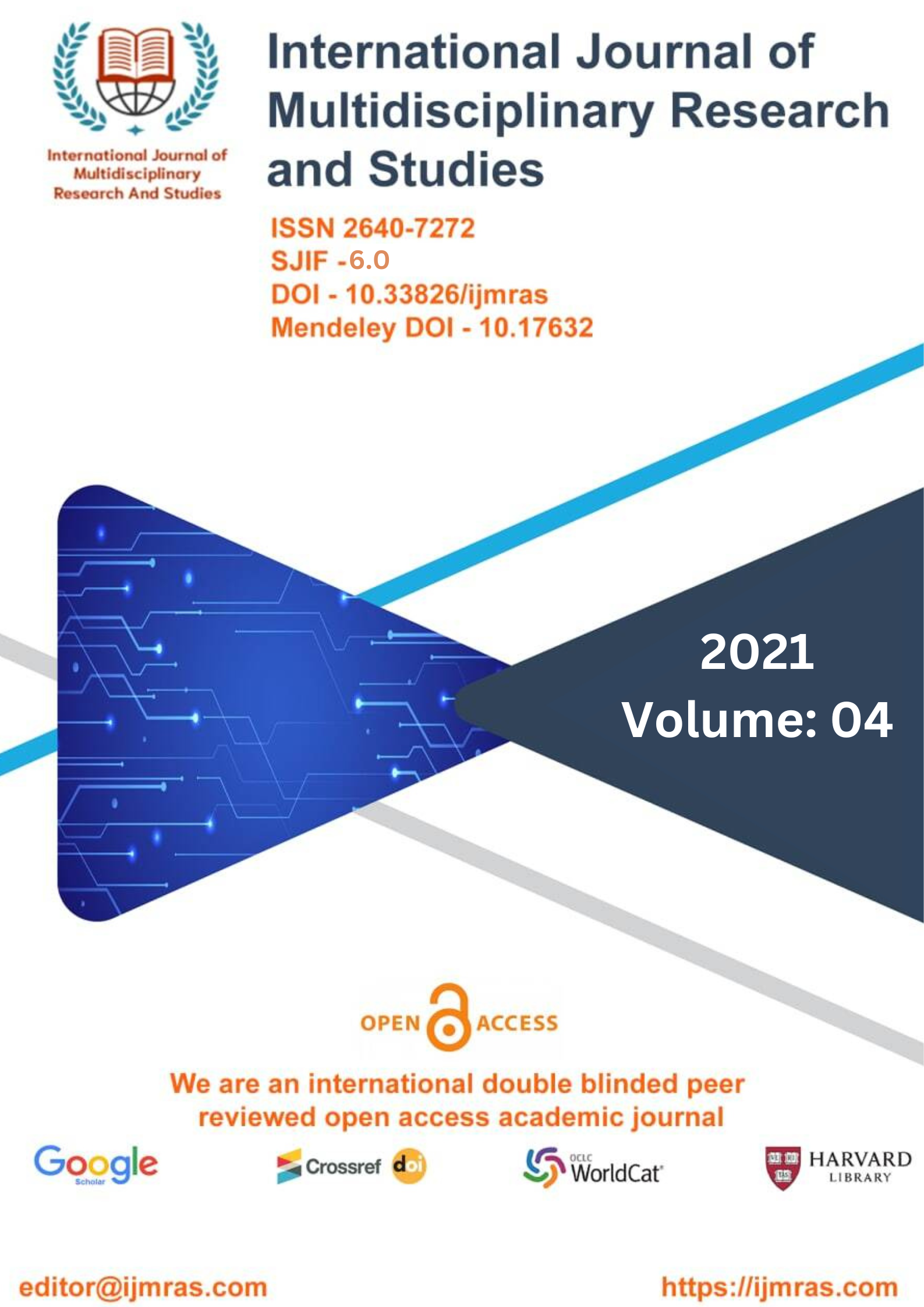THE EFFECT OF LEADERSHIP STYLE OF THE PRINCIPAL ON THE PERFORMANCE SECONDARY SCHOOL

Abstract
Many different firms have been forced to adopt a strategy of constant direction, modification, and flexibility as a result of the chaotic and unpredictable environment change. Leadership that is both effective and dedicated is essential during these times of change in order to successfully steer the company through the difficult transitions that are ahead (Gunawardena, 2015). Leaders construct systems of incentive to elicit the greatest possible performance from their employees and to assist them in finding candidates for employment (Jay, 2014). In recent years, education has also undergone fundamental changes in terms of breadth and variety. This transformation has occurred concurrently with the remarkable development that has occurred as a result of the dynamic change process. Education at elementary and secondary levels becomes a pivotal centre for the growth of a society in terms of acquiring the necessary knowledge and abilities. As a result, the performance of instructors in schools is critical to the education of students, the spread of information, the outcome, and many other elements. Through strong leadership, the principal is responsible for ensuring that the teachers fulfil their professional responsibilities. One way to explain the significant impact that school principals have is to point out that they receive training to be able to utilise the myriad of methods that are included in the schools' administrative processes (Alagheband, 1997).
Keywords
professional responsibilities, administrative processes, transformationHow to Cite
References
Aacha, M. (2010). Motivation and the performance of primary school teachers in Uganda: A case of Kimaanya-Kyabakuza Division, Masaka District. Kampala: Makerere University.
Abdulrasheed, O., & Bello, A. S. (2015). Challenges to secondary school principals‟ leadership in northern region of Nigeria. British Journal of Education Vol.3, No.3, pp.1-5, March 2015.
Adeyemi, T. (2010). Principals‟ Leadership Styles and Teachers‟ Job Performance in Senior Secondary Schools in Ondo State, Nigeria. Current Research Journal of Economic Theory, 3(3): 84-92.
Aghenta J.A(2000)Educational planning in 21st Century in educational planning and administration in Nigeria in the 21st Century.National Institute foreducational planning and administration.
Adegbesan, S. O. (2015). Effect Of Principals‟ Leadership Style On Teachers‟ Attitude To Work In Ogun State Secondary Schools, Nigeria. Turkish Online Journal of Distance Education 4(1).
Akinyi, O. M. (2013). School-based factors influencing instructional performance of teachers in public primary schools in Kadibo Division, Kisumu County, Kenya. Nairobi: University of Nairobi.
Best, J. W.& Kahn, J. V. (1998). Research in education (8th ed.). Boston: Allyn and. Bacon. Best, J. W., & Kahn, J. V. (2003). Research in education (9th ed.).
Bush,T, &Oduro,G.K.T(2006).New Principals in Africa :Preparation induction and and practice.Journal of Educational Administration44(4),359-375.
Burns, A.C. (2010). Research method. Boston: McGraw-Hill Inc.
Bunmi, J. M. (2007). Leadership. Newyork: Harper and Row Publishers.
Bottery, M. 2004. The Challenges of Educational Leadership, London, Paul Chapman.
Chan Yuen Fook (2009). Evaluating the effectiveness of educational management and leadership programme. Shah Alam : UPENA, MARA University of Technology Publisher.
Charlton,G.2000Human Habits of Highly Effective Organisations Pretorial: Van Schaik Publishers.
Chen, Y. F., & Tjosvold, D. (2006). Participative leadership by American and Chinese managers in China: The role of relationships. Journal of Management Studies, 43(8), 1727-1752.
Cheng,Y. C. (2002). Leadership and Strategy.London: Paul Chapman Publishing.
License
Copyright (c) 2021 Manish kumar

This work is licensed under a Creative Commons Attribution 4.0 International License.
Individual articles are published Open Access under the Creative Commons Licence: CC-BY 4.0.




